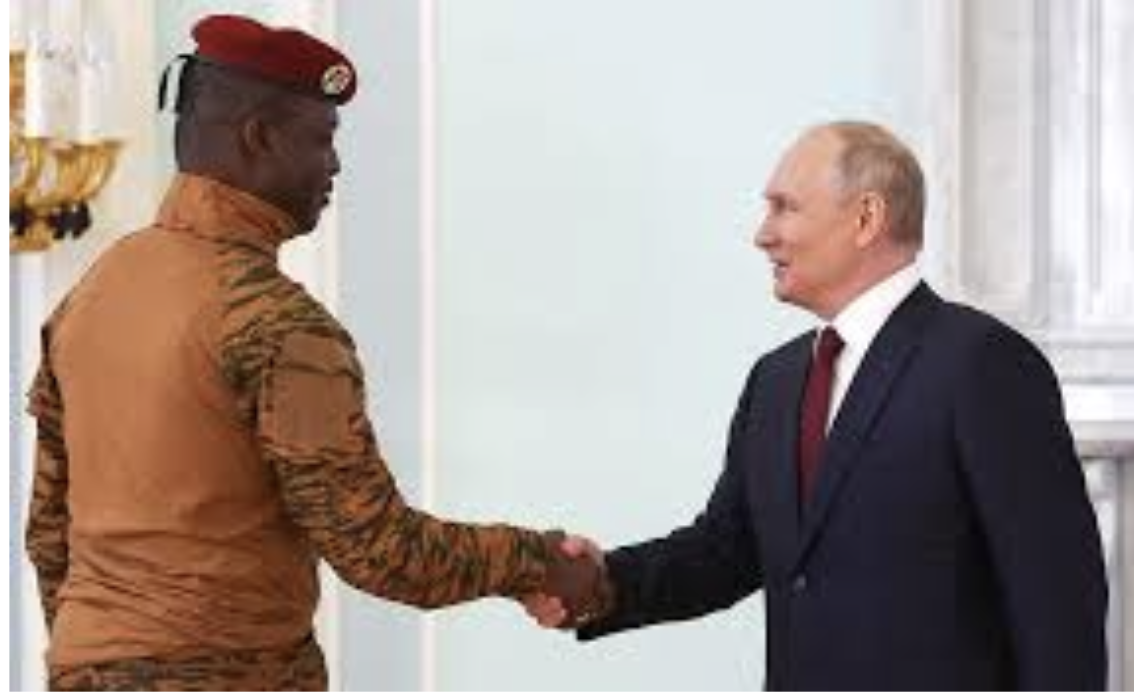For the past ten months, Sudan has been entangled in a deadly civil conflict between two warring factions who continue to fight for power over the country. The Sudanese Armed Forces (SAF), the official military of the Republic of Sudan, and the Rapid Support Forces (RSF), a paramilitary group founded by Sudan’s former dictator Omar al-Bashir, both claim the right to Sudan’s full territory. Omar al-Bashir served as the country’s leader from 1989-2019, leading a repressive regime that contributed to declining economic conditions, humanitarian crises, and mass loss of life. After being ousted from his position in 2019, Sudan struggled to maintain steady leadership, leading to an escalation of conflict between both factions. On April 15, both groups stormed the capital of Khartoum as the city erupted in gunfire. Since this moment, 15,000 citizens have lost their lives and ten million have been displaced. As this conflict nearly reaches its first anniversary, we continue to witness deteriorating humanitarian conditions and increases in civilian displacement.
The History
Sudan gained independence from Egypt and the United Kingdom in 1956, however immediately faced problems stemming from a strong internal divide between the northern and southern regions of the country. The northern region, consisting mostly of various Arab and Muslim ethnic groups, enjoyed wealth and economic stability unlike its southern counterpart; the south had a Christian majority and was much more underdeveloped. This division has led to two separate civil wars, respectively from 1956-1972 and from 1983-2005. Both wars resulted in massive human rights violations, including kidnappings, rape, slavery, and mass murders. The second Sudanese civil war culminated in the secession of the southern part of the country, forming a new state now known as the Republic of South Sudan.
Throughout this period marked by civil wars, Sudan was under the brutal dictatorship of Omar al-Bashir for nearly 30 years, another contributing factor to the country’s internal instability that persists today. Bashir was the leader of Sudan from 1989-2019 and is notorious for his role in the 2003 War in Darfur, which was condemned as genocide against non-Arab populations by the International Criminal Court and the U.S. Department of State. Bashir remained in power until 2019, when his regime was faced with mass protests, as well as calls for democracy and access to basic resources. On April 11, 2019, Bashir was overthrown by the military and subsequently placed under arrest.
Bashir is responsible for the creation of the Rapid Support Forces (RSF) that we see fighting in Sudan today. The RSF’s origins stem from the Janjaweed militia, an Arab-majority armed group funded by Bashir to subdue southern Sudanese rebels in the Darfur War. The RSF was even hired by Bashir to protect him amid mass protests and uprisings near the end of his rule. The RSF is responsible for multiple mass murders and rampant destruction since the beginning of the Darfur War, including sexual violence, kidnapping, and torture.
After the ousting of Bashir in 2019, Sudan’s military, the SAF, along with the RSF, agreed to establish a transitional government along with a new constitution. The new transitional government included a transitional sovereignty council, composed of civilians and officials belonging to both the SAF and the RSF, which was tasked with agreeing on how to navigate Sudan’s future. However, despite efforts to implement a prime minister elected by civilians, tensions mounted between both groups, leading to disagreements over the future of Sudanese leadership. These tensions most recently culminated with the beginning of the civil conflict we are witnessing today.
Recent Developments
Both groups continue to vie for power since fighting broke out in April. The SAF and RSF agreed to meet in May of 2023 for pre-negotiation talks, mediated by Saudi Arabia and the U.S., where the mediators emphasized the need for civilian access to basic supplies as well as a safe exit route to flee the violence. However this peace proved transient as the SAF abandoned the talks and fighting continued.
In June 2023, the governor of West Darfur, Khamis Abbakar, was murdered, marking another upsurge in violence. It is believed that Abbaker was likely killed by RSF militants for his remarks declaring that the RSF was committing genocide against minorities. The assassination of Abbakar raised fears that the RSF is partaking in ethnic cleansing against non-Arab populations, similar to what happened in the 2003 War in Darfur.
As violence continues, Sudan faces a growing humanitarian crisis as civilians are kidnapped, raped, and killed. Civilians are being killed inside their homes, as militants raid houses. Men, women, and children are frequently caught in crossfire while leaving their homes to try to find food, water or medicine. There has been an exponential increase in gender-based violence, as girls as young as 12 years old are being sexually assaulted by armed combatants. It is more than obvious that both sides are contributing to crimes against humanity, as Sudanese civilians continue to have their livelihoods upended by this senseless violence.
U.S. Response to Conflict
The U.S. has been Sudan’s largest aid provider since the outbreak of conflict, pledging $840 million dollars in humanitarian aid this fiscal year to Sudan and neighboring countries. President Biden imposed sanctions on RSF and SAF affiliated companies, administered visa restrictions on RSF and SAF leadership, and suspended activity at the U.S. embassy in Khartoum. The U.S.’ main concern remains the growing humanitarian crisis that continues to spread into the neighboring countries of South Sudan, Chad, the Central African Republic, Ethiopia, and Libya as citizens attempt to flee the violence. Despite the U.S.’ efforts to condemn the violence in Sudan and to foster peace talks, we continue to witness the SAF and RSF grapple for power at the expense of millions of innocent civilians.








.svg)